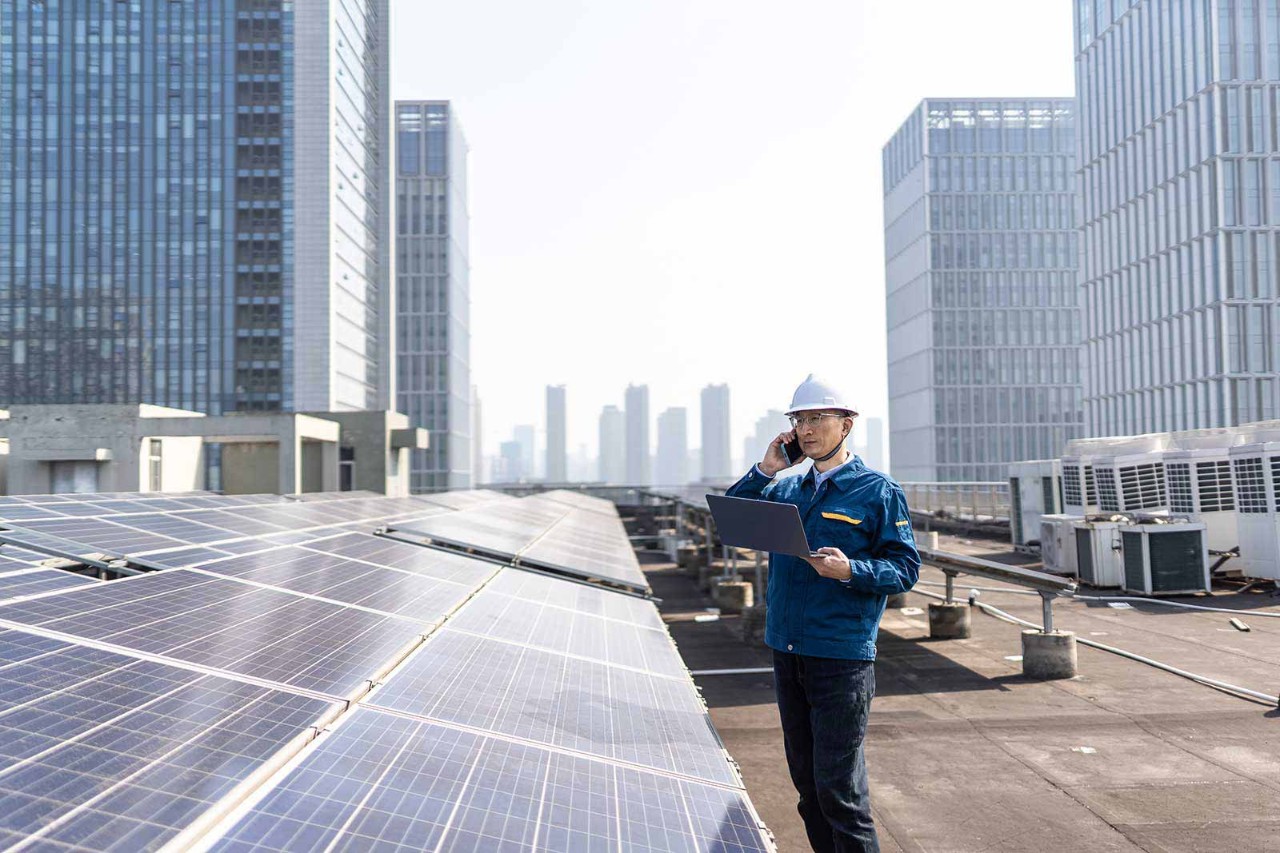
If governments around the world are to rise to the challenges of climate change, the tax system will have a vital role to play, argues a new report. As well as raising revenue to fund sustainable development, tax has an ability to influence behaviour. But the tax system’s impact will be lessened if people’s faith in it is damaged.
The joint report from ACCA, CAANZ and IFAC, Public trust in tax: Building trust in tax for a sustainable future, is the fourth survey published by the group of public opinion on tax issues among more than 7,700 residents of the G20 countries (excluding Russia) and New Zealand.
Professional tax accountants enjoy the highest level of trust
The report argues that trust in the tax ecosystem is essential to our future because tax revenues will be central to funding a just transition to sustainable economies.
‘Every stakeholder in the system will have a part to play in maintaining tax morale, ie the tendency of taxpayers to engage voluntarily and effectively with the tax system,’ it says.
Most and least trusted
The report finds that trust in key stakeholders (those involved in or reporting on tax) has improved in most regions, although there are some significant variations.
Professional tax accountants enjoy the highest level of trust, with 59% of respondents saying they are trusted or highly trusted, followed by professional tax lawyers (54%). Government tax authorities are both the third most trusted group but also the third least trusted, making tax authorities the most divisive cohort in terms of public opinion.
Overall, only three countries – China, India and Saudi Arabia – show net positive trust in politicians
The least trusted group, perhaps unsurprisingly, are politicians – although there are some striking geographical variations. In this year’s survey, as well as in previous versions, levels of trust in politicians are highest in China, where 61.5% of respondents say that they trust or highly trust politicians. By contrast, almost 70% of respondents in Argentina say they distrust or highly distrust politicians. Overall, only three countries – China, India and Saudi Arabia – show net positive trust in politicians.
While there are some regional variations in the level of trust shown towards accountants – trust is highest in South Africa and lowest in France and Germany – overall, respondents say that the role of professional accountants contributes to improving tax systems by making them more efficient, more effective and fairer.
‘As taxes shift into measures beyond traditional financial bases,’ says the report, ‘trust in the individuals who design, operate and report on the new mechanisms for holding businesses to account for the decisions they make will be important.’
Public attitudes
There is a lot of work to be done, though, in terms of the public’s attitude towards the tax system. Across the G20, respondents who feel that tax is mainly about laws and regulation outnumber those who think it is a matter of morals and fairness by almost four to one (49.4% to 12.9%).
Accountants have a central role to play in bringing transparency and accountability to tax reporting
Corruption remains a significant concern; 54% of respondents say it’s a major factor in their attitude towards tax. How tax revenue is spent has been a constant source of unease for respondents through successive surveys. Perceptions of corruption, the report concludes, is ‘a clear barrier to engagement with the tax system’ and explains the level of distrust with politicians. Accountants, it adds, have a central role to play in countering corruption by bringing transparency and accountability to tax reporting.
Tax as incentive
The positive news for tax authorities and governments is that, on the whole, respondents are more likely to agree than disagree that various taxpayer groups – whether they are multinational companies, local companies or high, average or low-income individuals – pay a reasonable amount of tax. However, respondents in five countries – Australia, Canada, Japan, New Zealand and the UK – say that multinationals were not paying a reasonable amount of tax.
Incentives are more popular as a way of achieving sustainability targets than increasing taxes
Surveys carried out in previous years have suggested that respondents want governments to use the tax system to incentivise positive outcomes, and this is apparent again in the link between tax and sustainable development.
But it is also clear that incentives are far more popular as a way of achieving sustainability targets than increasing taxes specifically for sustainability initiatives. Almost 40% of respondents consider paying taxes to be essential or important to sustainable development – but 43% would not be prepared to pay any extra taxes to support sustainable development goals (42% say they would pay a small amount).
The report makes the point that ‘the link between sustainability and tax is not restricted to what we tax; how we tax can be just as important, and far easier to address in the short term’.
Decreasing the tax gap, simplifying the tax system, and improving taxpayers’ experience of the tax authority can improve morale and revenue levels, while digitalisation of the tax and banking systems also has a huge role to play in enhancing tax revenue.
The relationship between taxpayers and governments, and between businesses, society and tax systems, the report concludes, is fundamental to the survival of the economies that support us all.
More information
ACCA’s annual virtual conference includes the session ‘Making tax and ethics work together for a just society’. Register to attend the Accounting for the Future event live on 21-23 November or on-demand.





